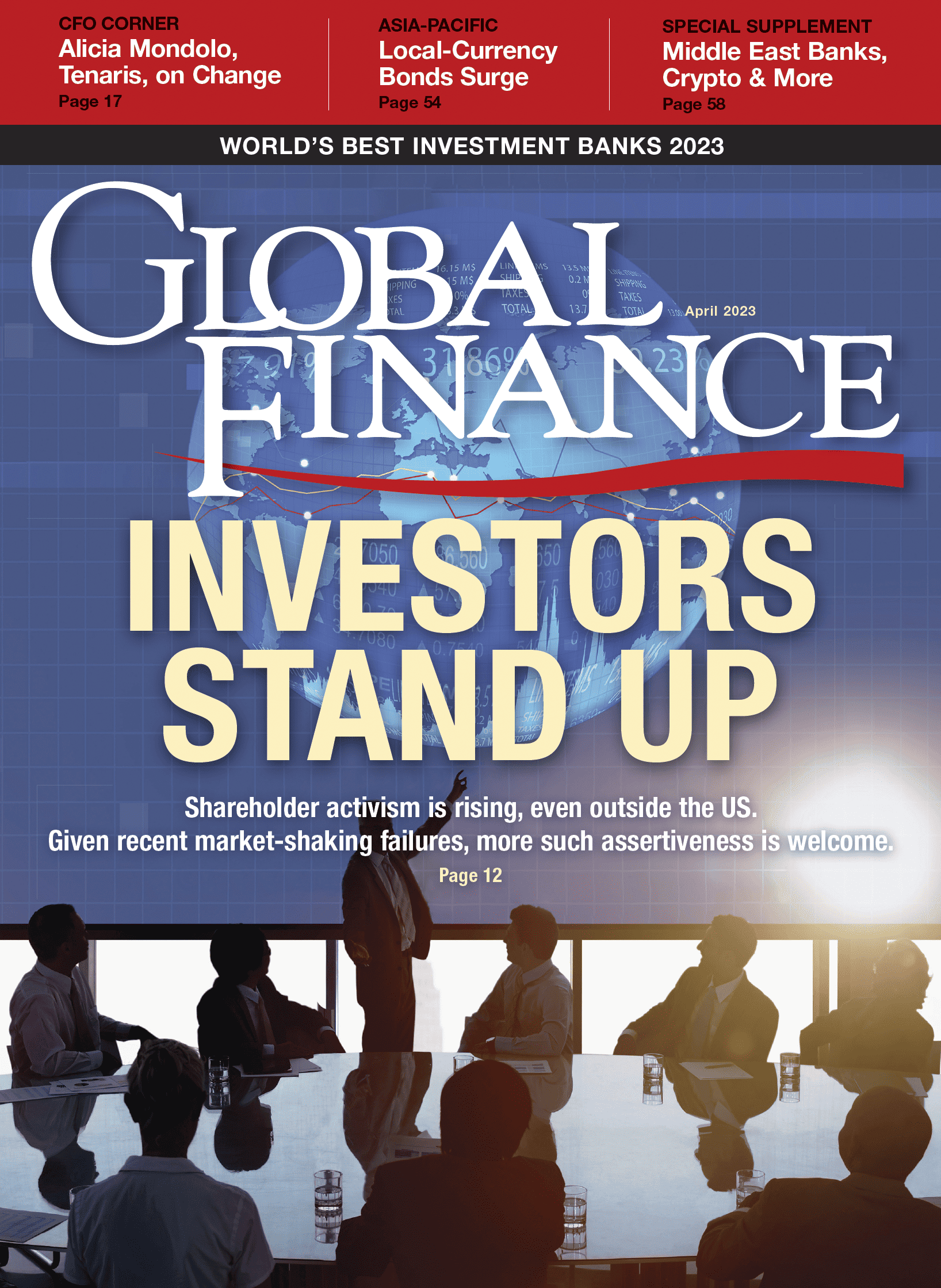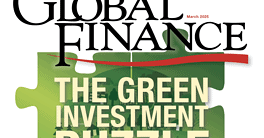Global Financeeditor at large Andrea Fiano's letter to you, the reader.
VOL. 37 NO. 4

Click Here To View Full Issue
Who is next? And could it happen in my country? These are the most common questions we hear from the general public after a tumultuous few weeks with the collapse of at least three US banks, including Silicon Valley Bank and Signature Bank, and the last-minute acquisition of Credit Suisse by the arch-rival UBS in Switzerland. It is impossible to answer the two legitimate questions, but it is worth highlighting the many surprises that this turmoil has brought to light. We see central banks and treasury departments going above and beyond to guarantee depositors beyond the established limits set up by regulations, ready to protect all deposits (not the investors), and willing also to find a potential rescuer for a failed bank.
These central banks, fearing contagion, offered rich credit lines to failing institutions and eased regulations for loans and guarantees to guarantee liquidity throughout the financial system. With regional banks formerly deemed too small to be a risk are now deemed “too big to fail,” leading some to believe that the central banks from now on will guarantee any bank, no matter their size or their potential mistakes. As a result, the need for further regulation of small and medium banks is now felt stronger in the US and elsewhere. Still there is no certainty on how long it will take for an approval by the different governments and parliaments.
But governments aren’t the only ones with an outside role in shaping corporate governance. Our cover story notes renewed energy among activist investors, not just in the US but increasingly in other parts of the world. Given some of the debatable choices made by Swiss and US authorities in handling Credit Suisse, SVB and Signature Bank, investors may think they need to take a more active role.
Bank failures are not the only game in town and nothing happens in a financial vacuum. The issue presents our annual Investment Banking Awards and an ample supplement on the Middle East and its economic prospects. With bank failures in the West, eager financiers worldwide see potential to step in, bringing more geographic diversity to venture capital and startup funding.

Andrea Fiano | Editor at Large
afiano@gfmag.com

